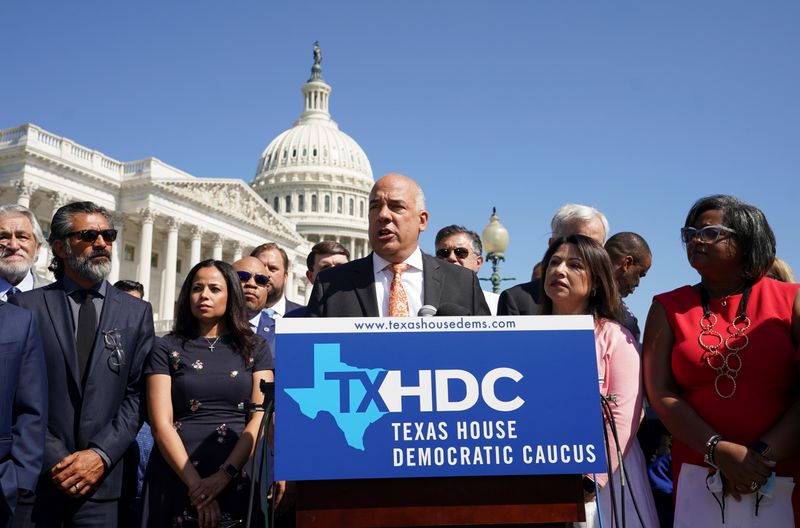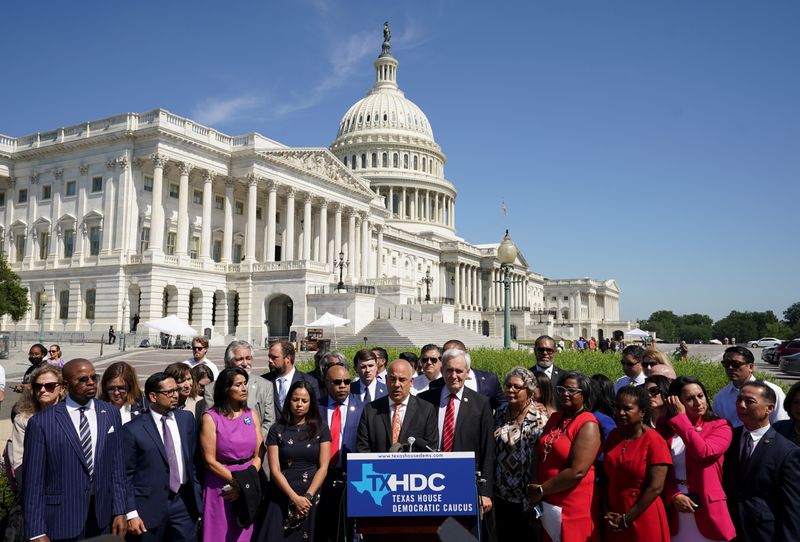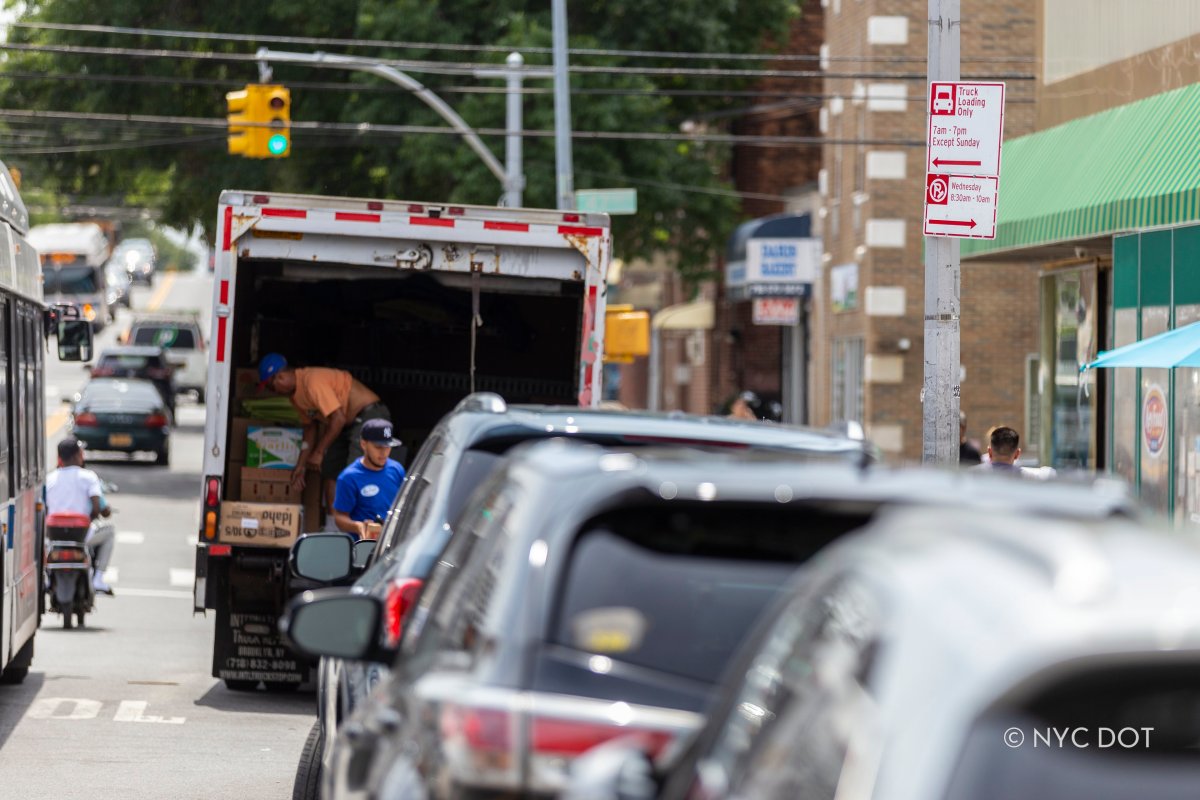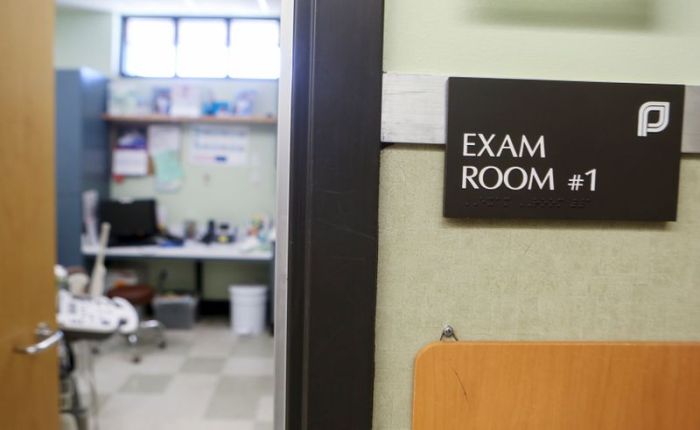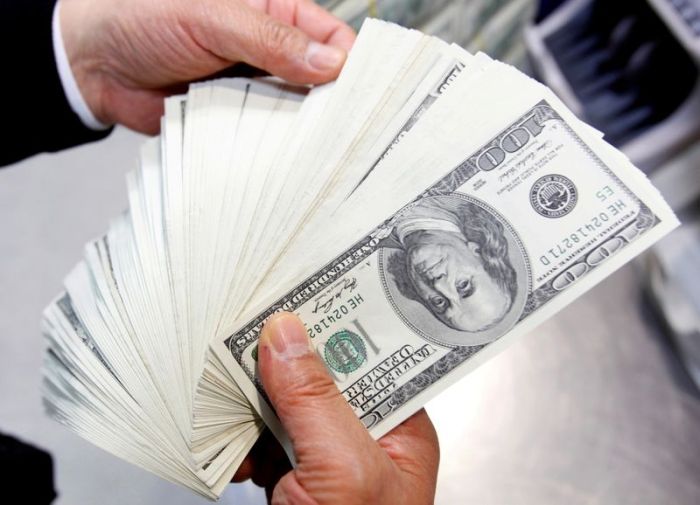WASHINGTON (Reuters) -Texas Democratic lawmakers defied calls for their arrest on Tuesday, a day after fleeing their state to thwart efforts to pass voting restrictions, and said they would stay in Washington to push for federal voting reform.
Texas Governor Greg Abbott, a Republican, vowed to arrest more than 50 Democratic lawmakers who left the state on Monday, denying the state House of Representatives the quorum required to approve the voting limits and other measures on his special session agenda.
The remaining members of the Texas House voted 76-4 on Tuesday morning to send for the missing lawmakers under a House rule that authorizes the chamber’s sergeant-at-arms to find and arrest absentee members.
“As soon as they come back in the state of Texas, they will be arrested,” Abbott said in an interview with local TV station KVUE ABC. “They will be cabined inside the Texas Capitol until they get their job done.”
Abbott vowed to continue calling for special sessions “all the way up until election next year” to get the voting bill passed.
Texas is among several Republican-led states pursuing new voting restrictions in the name of enhancing election security. Former President Donald Trump has claimed falsely that the presidential election last November was stolen from him through widespread fraud.
On Sunday, Texas House and Senate committees passed new versions of the voting measures, which would prohibit drive-through and 24-hour voting locations, add new identification requirements to mail-in voting and empower partisan poll watchers.
The Texas Senate passed its version of the voting legislation on Tuesday. But the Democratic lawmakers’ exodus from the House has brought work there to a halt, with the departed Democrats vowing to stay in Washington indefinitely.
“Our intent is to stay out and kill this bill this session,” Texas House Democratic Caucus Chairman Chris Turner told a news conference outside the U.S. Capitol, where dozens of Texas Democratic lawmakers broke into the civil rights anthem, “We Shall Overcome.”
Special legislative sessions can last up to 30 days in Texas, meaning the current session must end by Aug. 7. There is no limit to how many special sessions a governor can call.
Texas state Representative Alex Dominguez said he was prepared to stay away from Texas even if Abbott continues to call special sessions after the current one ends. Dominguez said he was not deterred by the threat of arrest.
“If that’s what they choose to do, then we’ll be ready,” Dominguez said.
Abbott called the special session after Democratic lawmakers staged a walkout on May 30, just before the regular session ended, to boycott a vote on an earlier version of the voting legislation.
Turner said the Texas lawmakers would use their time in Washington “to implore the folks in this building behind us to pass federal voting rights legislation.”
DEMOCRATS PRAISE LAWMAKERS
Meeting with the lawmakers, Vice President Kamala Harris compared their exodus to other notable moments of voting rights activism in American history. [L1N2OP1SY]
“I know what you have done comes with great sacrifice, both personal and political,” she said.
In Philadelphia, President Joe Biden said in a speech that passing sweeping voting rights legislation was a “national imperative” but he did not outline a path to overcome Republican opposition.
Republican resistance in the U.S. Senate to such reforms has increased pressure on Democrats, who narrowly control the chamber, to pursue a parliamentary measure that would let them pass sweeping voting rights legislation with a simple majority. Otherwise, Republicans can block them with a maneuver called a filibuster.
U.S. Senate Majority Leader Chuck Schumer, a Democrat, also met with a group of the Texas Democrats on Tuesday and told them they would be remembered for being “on the right side of history.” He did not discuss specific strategies for passing federal voting expansion laws, according to Turner.
Asked in a hallway of the Capitol whether he would meet the Texas Democratic lawmakers, Republican U.S. Senator John Cornyn of Texas replied, “Not if I can help it.”
(Reporting by Julia Harte in New York; Additional reporting by Susan Cornwell and David Morgan in Washington; Editing by Colleen Jenkins, Will Dunham, Paul Simao, David Gregorio and Sonya Hepinstall)

